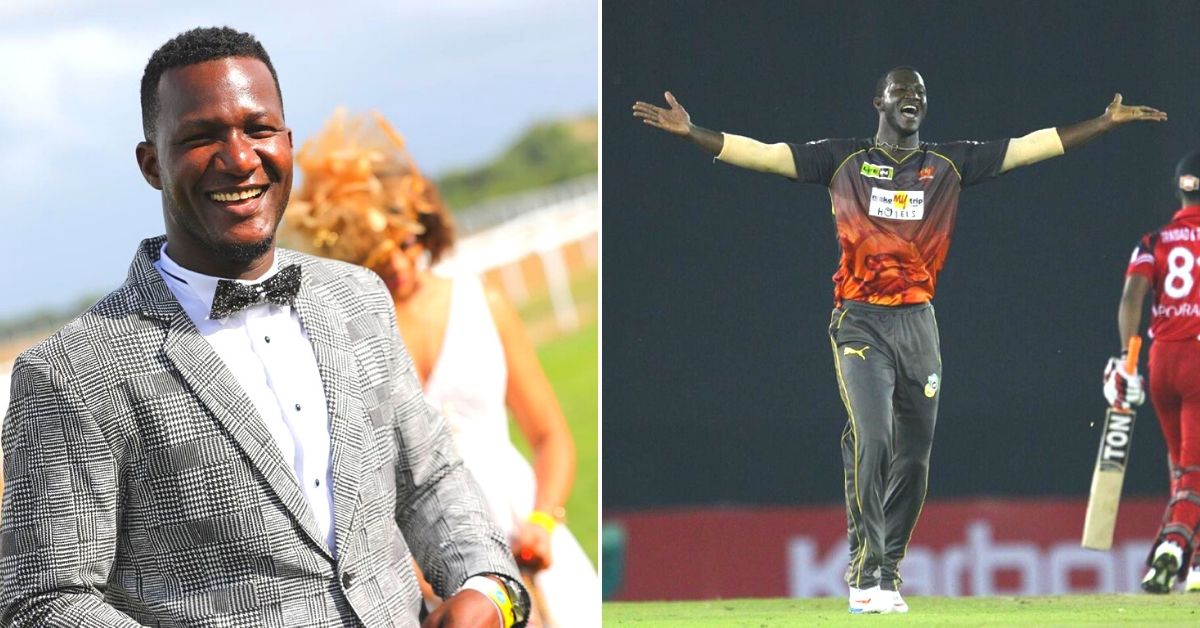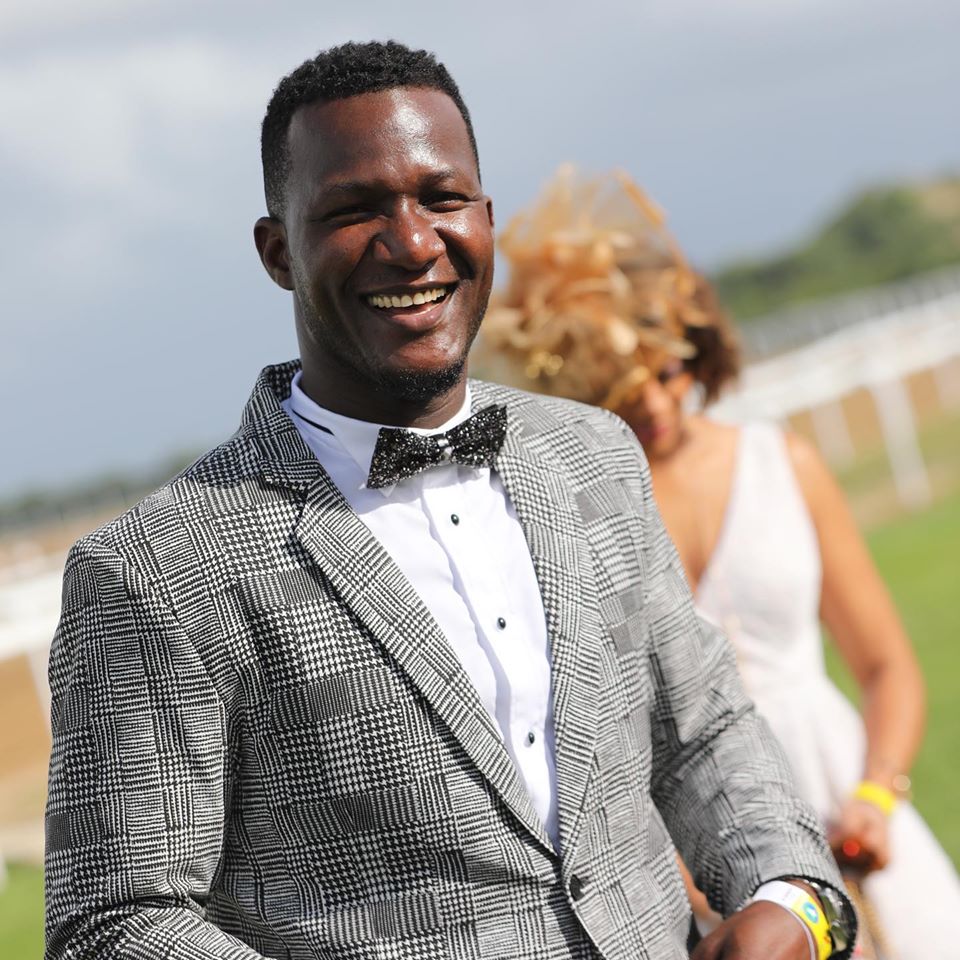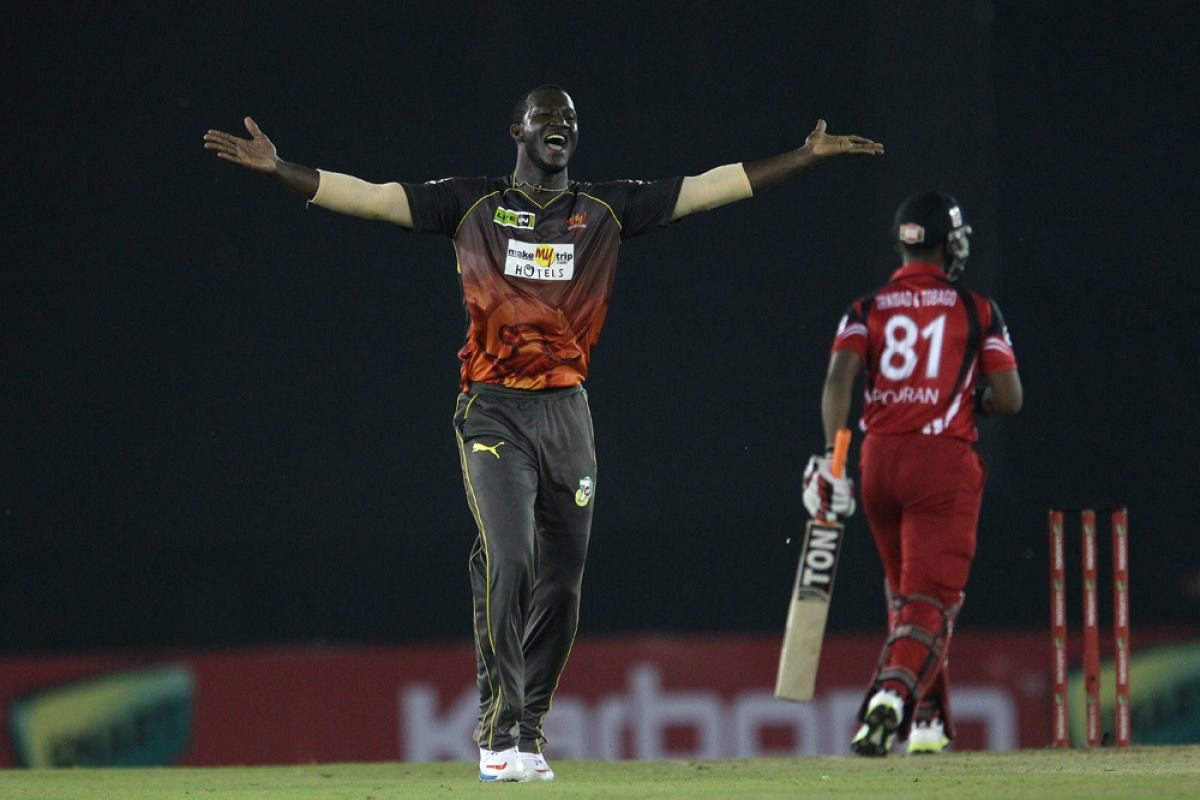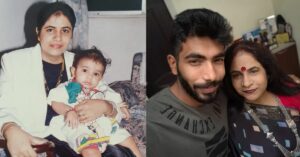Opinion: Cricketer Darren Sammy is Right, Calling Someone ‘Kalu’ is Not Ok
Colourism is the ‘Cousin of Racism.’ Calling out racist conduct doesn’t have a statute of limitations either. Your intent doesn’t matter when you call someone ‘kalu.’

Watching Darren Sammy, a former West Indies cricket captain, articulate his grave disappointment at how his teammates from the IPL franchise, Sunrisers Hyderabad, nicknamed him and Sri Lankan all-rounder, Thisara Perara, ‘kalu’ during the 2013/14 season, was disheartening to say the least.
The term is often used pejoratively to describe people with dark skin, and Sammy opened up about the experience on Instagram.
Until he listened to stand-up comedian Hasan Minhaj’s 12-minute video calling for the Asian community in the United States to rally around the African American community, Sammy didn’t know calling someone ‘kalu’ or ‘kala’ was used to describe a person of colour and “not in a good way.” He thought that the word meant “a strong stallion.”
Many have questioned the ‘timing’ of Sammy’s outburst. Why didn’t he file a complaint then? Why is he raising this issue six years later?
Well, apart from the fact that there is no statute of limitations on calling out what people in most countries would consider racist conduct, there was no scope for filing a complaint—he didn’t know what was going on.
As Sammy says in an interview with ESPNcricinfo, “It’s only because now I have information that I was being called a word that was degrading, that’s why I am talking about it now. And if there’s one thing I’ve learned: every time you are talking about the right things, anytime is the right time.”
With that out of the way, let’s delve into the bigger underlying issues here.
When Sammy posted his video on Twitter, many Indian fans reacted by saying that this isn’t a big deal because we refer to many by their physical appearances like ‘lambu’ or ‘motu’—tall and fat. In some cases, they add, it’s a term of endearment for family members or friends of a darker skin tone.
I do not agree, and here, ‘intent’ doesn’t matter. None of these excuses wash in front of what we all know to be one of the most insidious practices around the world—colourism.
Sociologists, anthropologists, political commentators, sports personalities and many others have written thousands of column inches about the problems associated with elevating whiteness/fairness and downgrading dark skin. The preference for white or fair skin has been propagated through mainstream cinema, religious iconography and, of course, language.
Just watch legendary boxer and civil rights activist Muhammad Ali break down the connotations associated with “white” and “dark.” Or, simply play a word association game with both ‘kala’ and ‘gora’ and compare the results.
It will tell you everything you need to know.
In the Indian context, you can understand the phenomena of colourism through the lens of colonial subjugation, centuries of caste based discrimination and just plain xenophobia against people from different parts of the country.
Colourism is a disease that cuts across caste, class, gender and religion. Just look at our matrimonial ads. Also, referring to someone merely by their physical attributes sets a platform for behaviour that can be horribly toxic. Look at how many children, particularly girls, are mentally scarred by the constant name-calling associated with fat-shaming.
So, can we deem the use of words like ‘kalu’ to describe people of dark skin tone as ‘racist’?
The person first credited with using the term ‘colourism’ was celebrated African American author Alice Walker in an essay that appeared in her 1983 book, ‘In Search of our Mothers’ Gardens.’ She defined it as “prejudicial or preferential treatment of same-race people based solely on their color.”
Although, she defined it in the context of light-skin preference in the African-American community subjected to generations of slavery and institutional racism, it’s imperative to note that “if racism didn’t exist, a discussion about varying skin hues would simply be a conversation about aesthetics,” writes Professor Lori L Tharps for Time Magazine.
But that’s not the case at all.
We know the advantages or disadvantages of being associated by the colour of your skin whether in terms of job, educational and social opportunities. Light skin has a clear and distinct privilege over dark skin and that’s just a fact.
So, while calling someone ‘kalu’ in the subcontinent may not feel racist in the way say as in the Caribbean or the United States, the word is loaded with some of the worst features of racism.
It’s dehumanising, discriminatory, derogatory and particularly pernicious under the guise of humour or endearment. In fact, racist conduct under the veneer of ‘humour’ or ‘banter’ is often worse than outright racism. It’s normalised all too easily and thus spreads more than outright racist behavior or language.
Therefore, instead of finding excuses or complaining about Sammy raising his voice, we must learn to be more empathetic. We are living in a time when a police officer in the United States murdered a man based on the colour of his skin without any fear of the consequences.
Back home, it’s no surprise that African nationals studying and working in India are subject some of the worst racial profiling anywhere in the world, and have suffered immensely.
So, maybe when a man like Darren Sammy is imploring his former teammates on his IPL franchise to reflect and talk to him about their behaviour, it would be a great idea to listen.
It will take many years of education, sensitisation and awareness to rid the scourge of colourism and racism in India, but we need to make a start.
— Abhinav mukund (@mukundabhinav) August 9, 2017
(Edited by Gayatri Mishra)
Like this story? Or have something to share? Write to us: [email protected], or connect with us on Facebook and Twitter.
This story made me
- 97
- 121
- 89
- 167
Tell Us More
We bring stories straight from the heart of India, to inspire millions and create a wave of impact. Our positive movement is growing bigger everyday, and we would love for you to join it.
Please contribute whatever you can, every little penny helps our team in bringing you more stories that support dreams and spread hope.



















